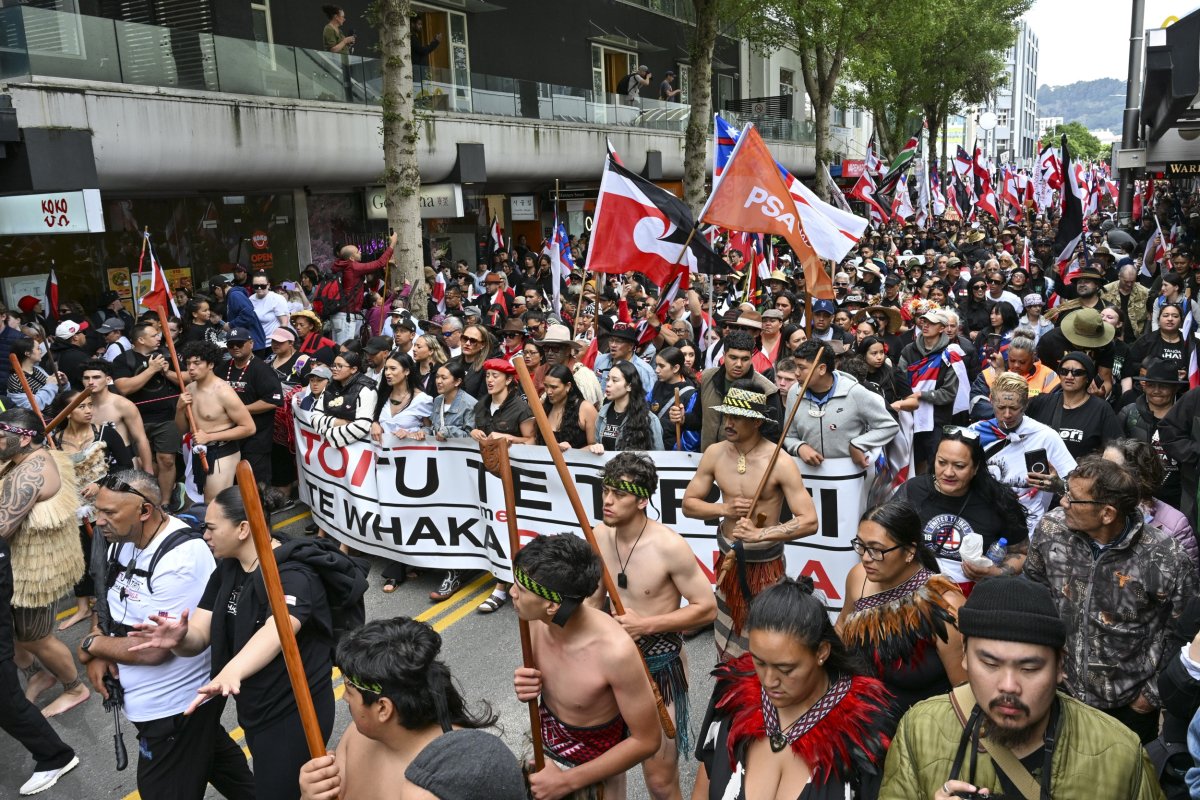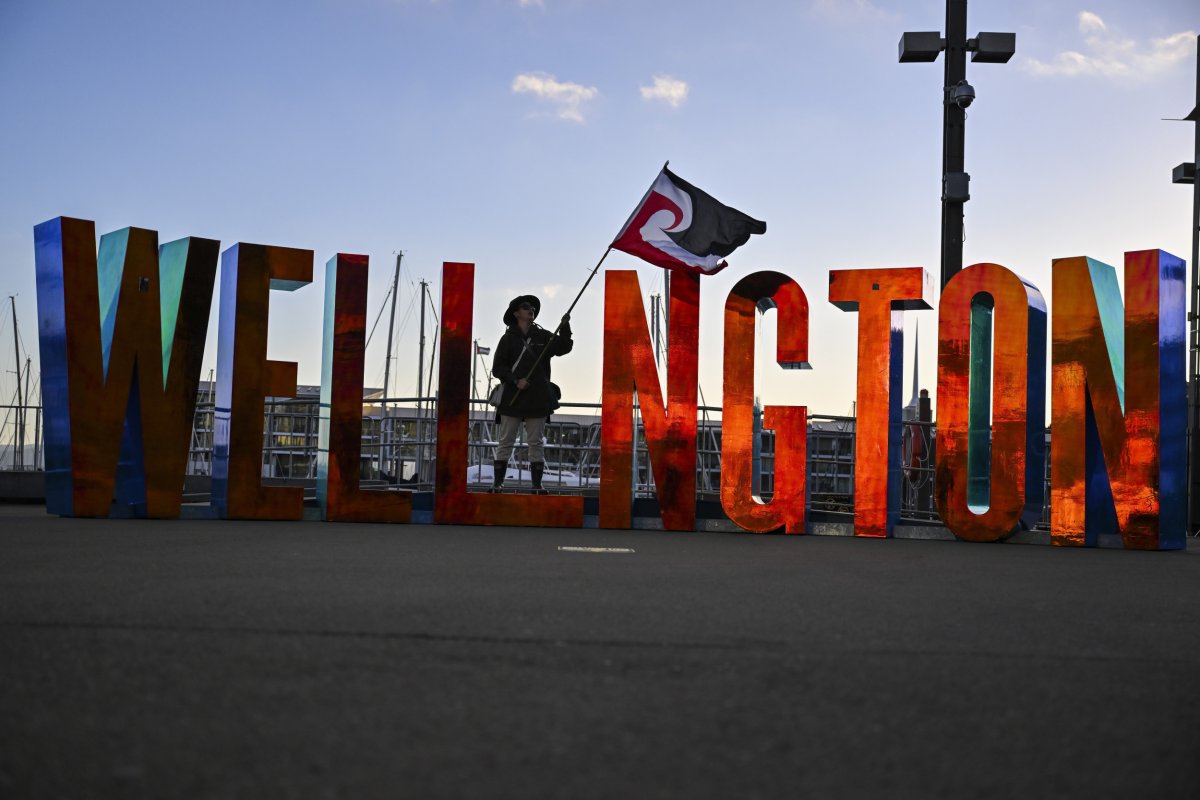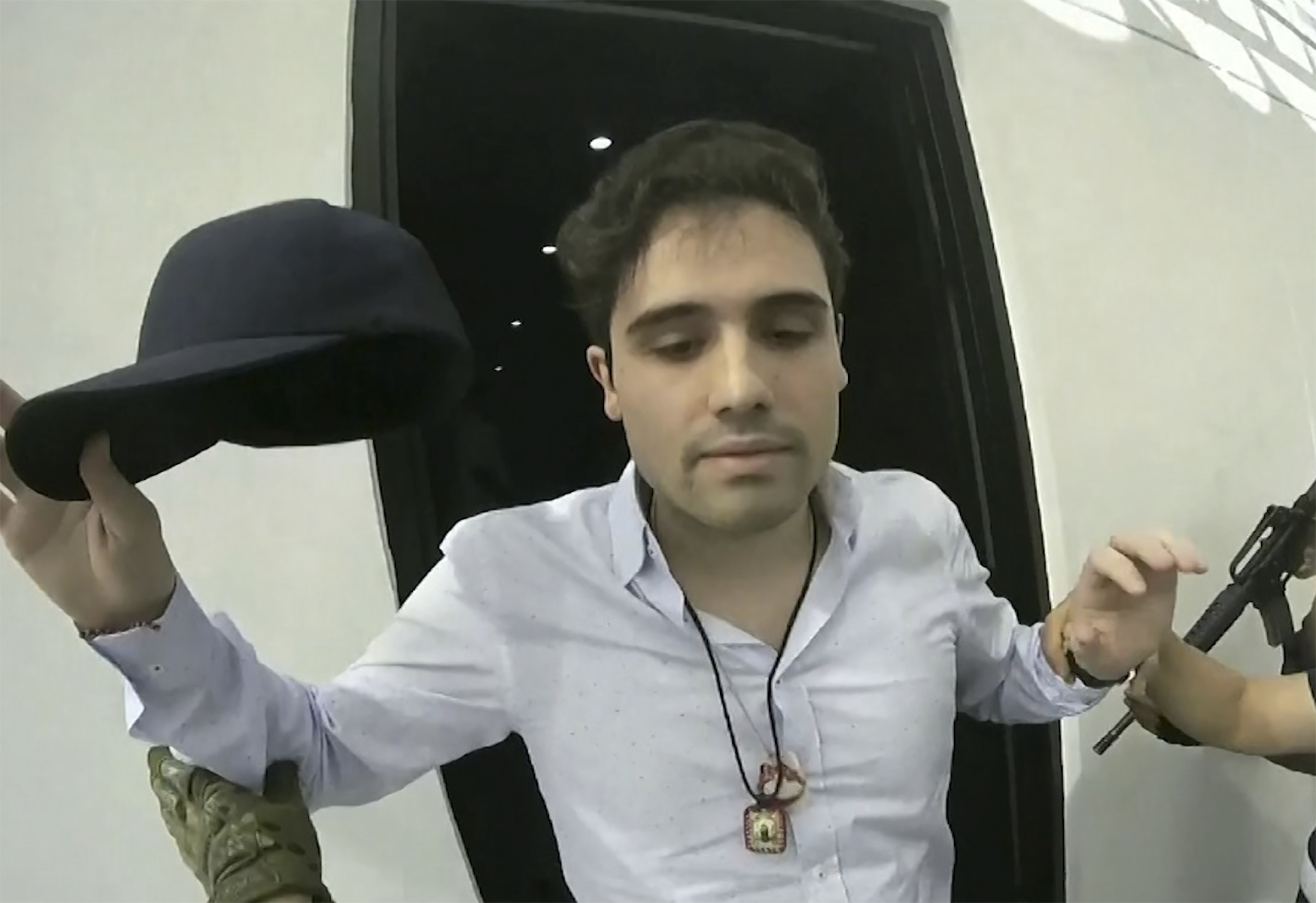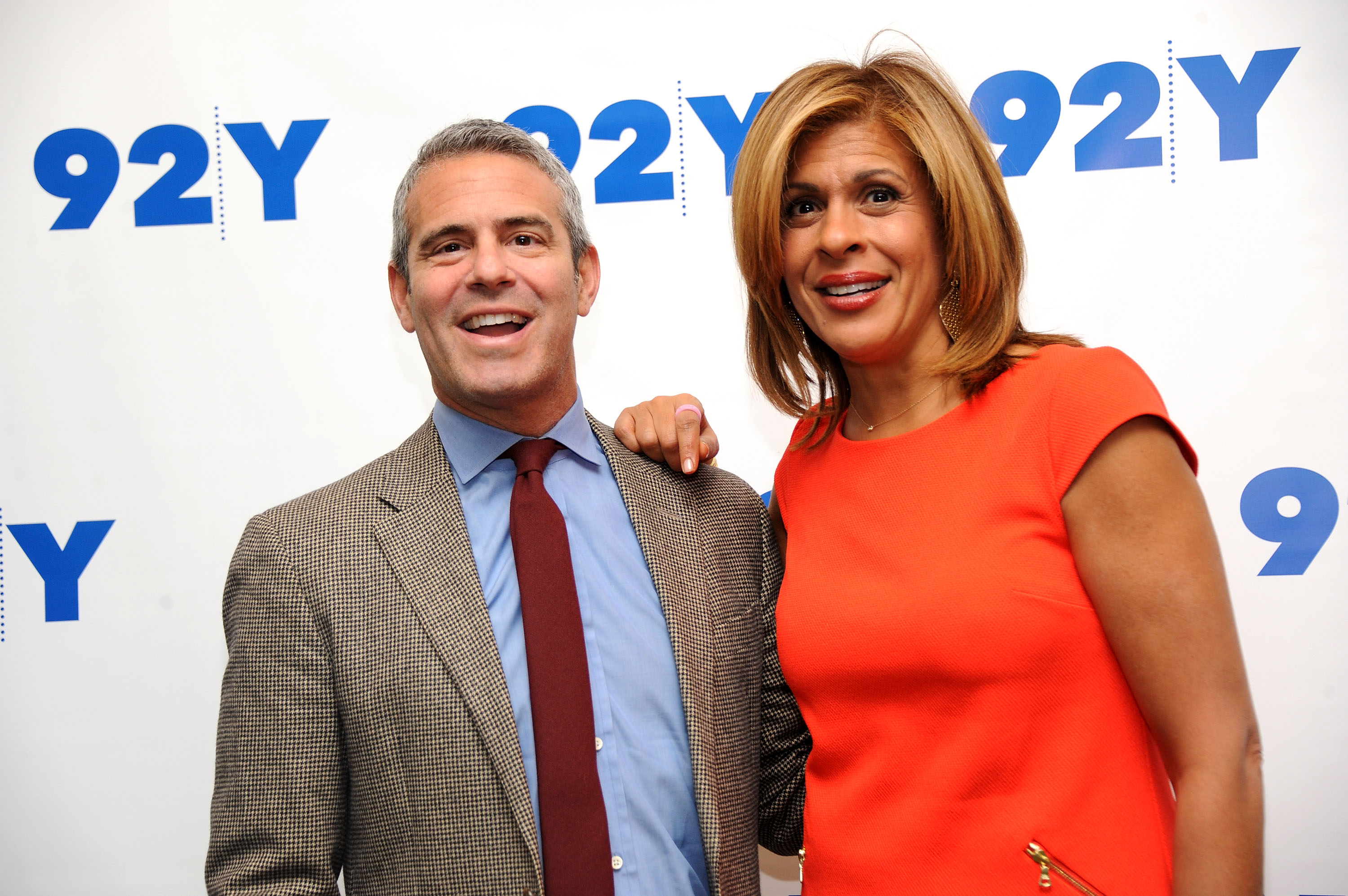Tens of thousands of people gathered outside New Zealand's Parliament in the nation's capital city of Wellington to protest a bill that aims to redefine the country's founding treaty between the Māori and the British Crown.
The protest, over a proposed new application of the Treaty of Waitangi, was thought to be the largest in the country's history in support of Māori rights, and was both a political rally and a celebration of Māori language and identity.
The bill, introduced by David Seymour, leader of the libertarian ACT Party, aims to codify the principles of the 1840 treaty into law and make them applicable to all New Zealanders—not just Māori.
Seymour argues that the current system of Māori redress has created 'special treatment' for Indigenous people.

Why Are Maori Rights Groups Protesting in New Zealand?
The proposed bill has sparked widespread opposition, with critics warning it would undermine Māori rights and potentially provoke constitutional upheaval.
The march, which followed a weeklong protest across the country, drew an estimated 42,000 people to the parliament's grounds, with many spilling into surrounding streets.
The demonstration was part of a long-standing Māori tradition of peaceful cross-country marches, known as hīkoi, used to bring attention to treaty breaches and Māori rights.
Protesters carried Māori sovereignty flags, sang traditional songs, and waved banners that read "Proud to be Māori" and "The Treaty is our birthright."
The turnout reflected growing solidarity for Māori issues from both Māori and non-Māori New Zealanders.

How Much Support Is There for the Treaty of Waitangi?
Schools excused students' absences, and Wellington's mayor joined the protest.
Signs of support from non-Māori protesters, including those of European descent, highlighted a wider recognition of the need to honor the treaty's promises.
Seymour's bill has little chance of becoming law, but it cleared its first reading last week, and the public is now invited to submit feedback.
The proposal has raised concerns that it would dilute the treaty's original intent and potentially reverse decades of legal and cultural recognition of Māori rights, including language revitalization and land settlements.
"The Treaty is a document that lets us be here in Aotearoa," said Ben Ogilvie, a non-Māori protester. "Holding it up and respecting it is really important. I hate what this government is doing to tear it down."
The Struggle for Rights Is Ongoing
While the protest was peaceful, tensions were high, particularly when Seymour, who is Māori, briefly visited the parliament's forecourt and was met with boos from the crowd.
Many protesters, including Māori and Pākehā (European) New Zealanders, see the bill as an affront to Māori identity and an attempt to rewrite history.
The proposed changes to the Treaty's interpretation have divided the nation, with some arguing the bill represents a fair attempt to apply equality to all New Zealanders, while others see it as a threat to Māori sovereignty and the social and economic progress made through treaty settlements.
The debate over the Treaty of Waitangi, signed 180 years ago, continues to shape New Zealand's national conversation about race, justice, and reconciliation.
Tuesday's protest, which celebrated Māori culture and language, was a reminder that the struggle for Māori rights is ongoing, as New Zealanders navigate the legacy of colonization and the fight for a more equitable future.
This article contains additional reporting from The Associated Press




















 English (US) ·
English (US) ·